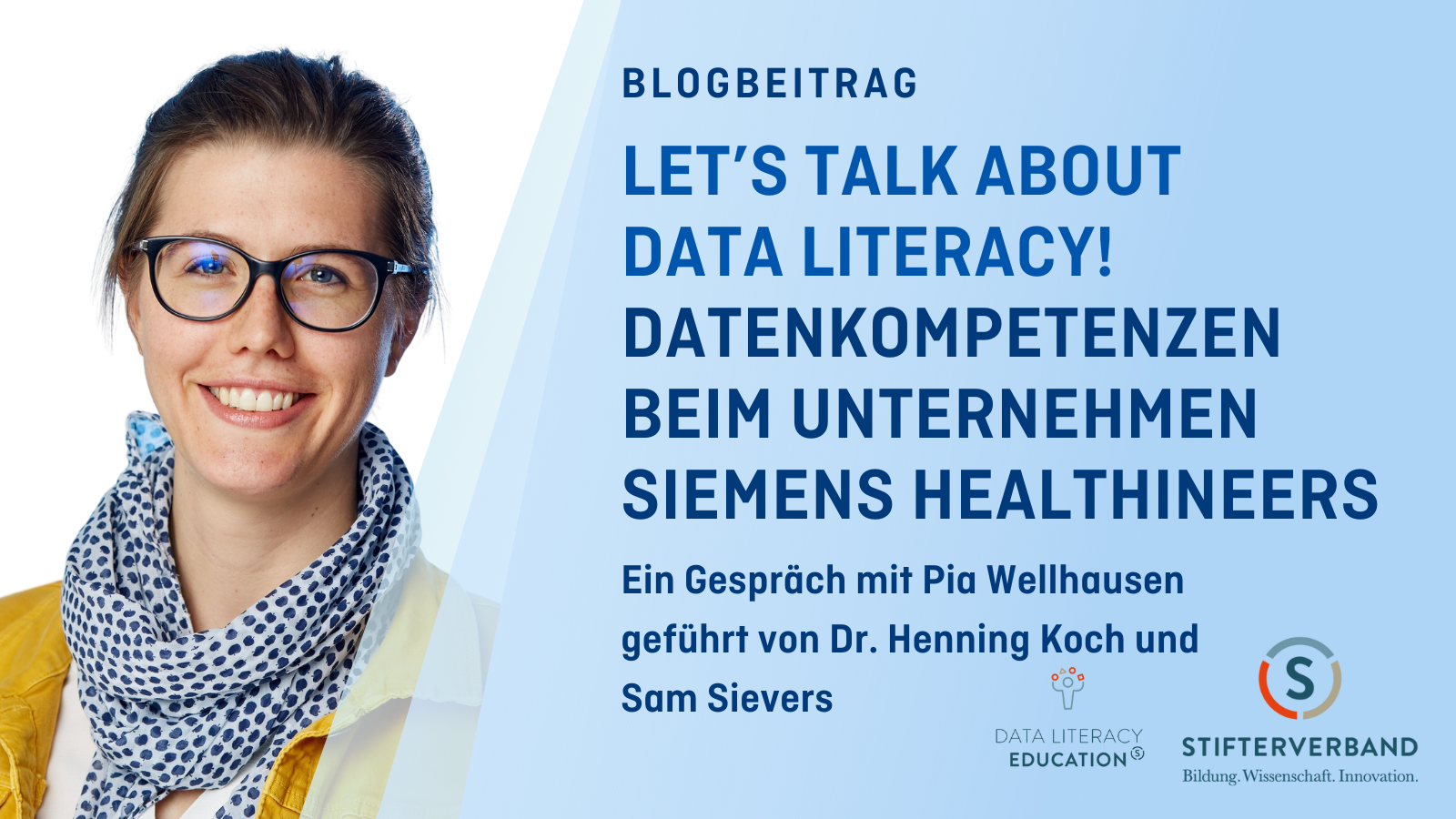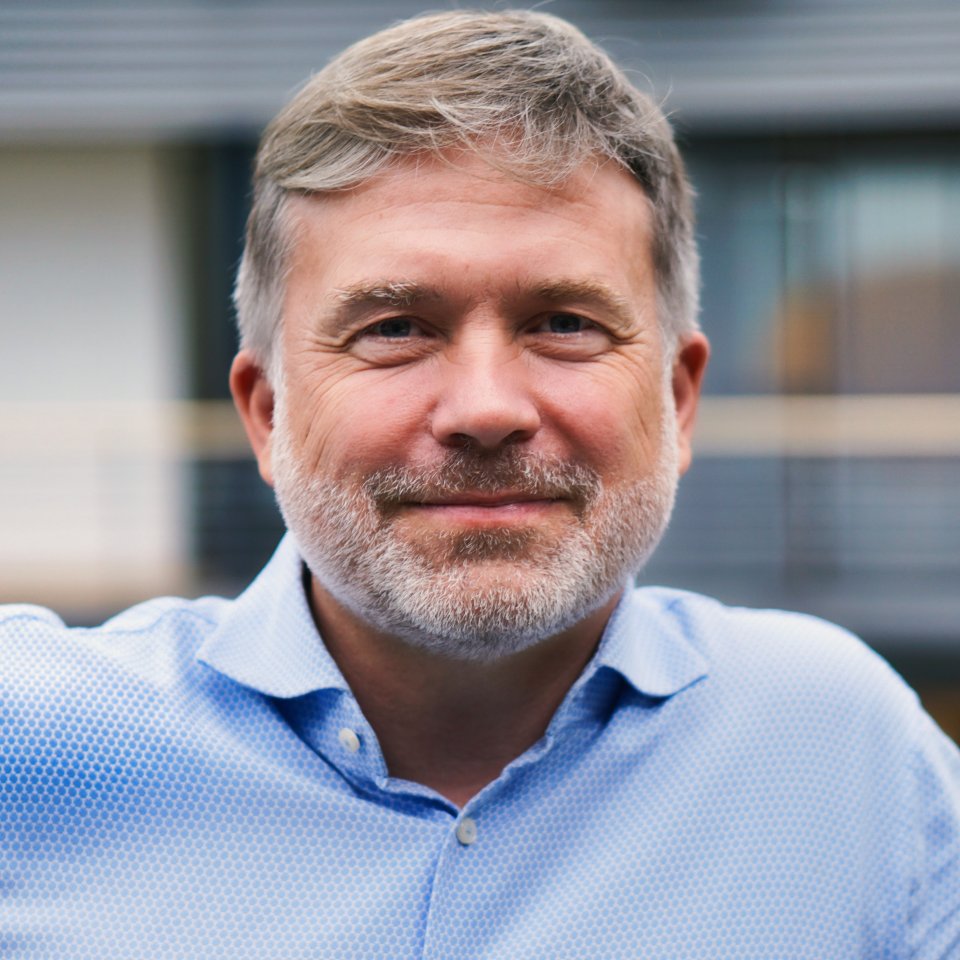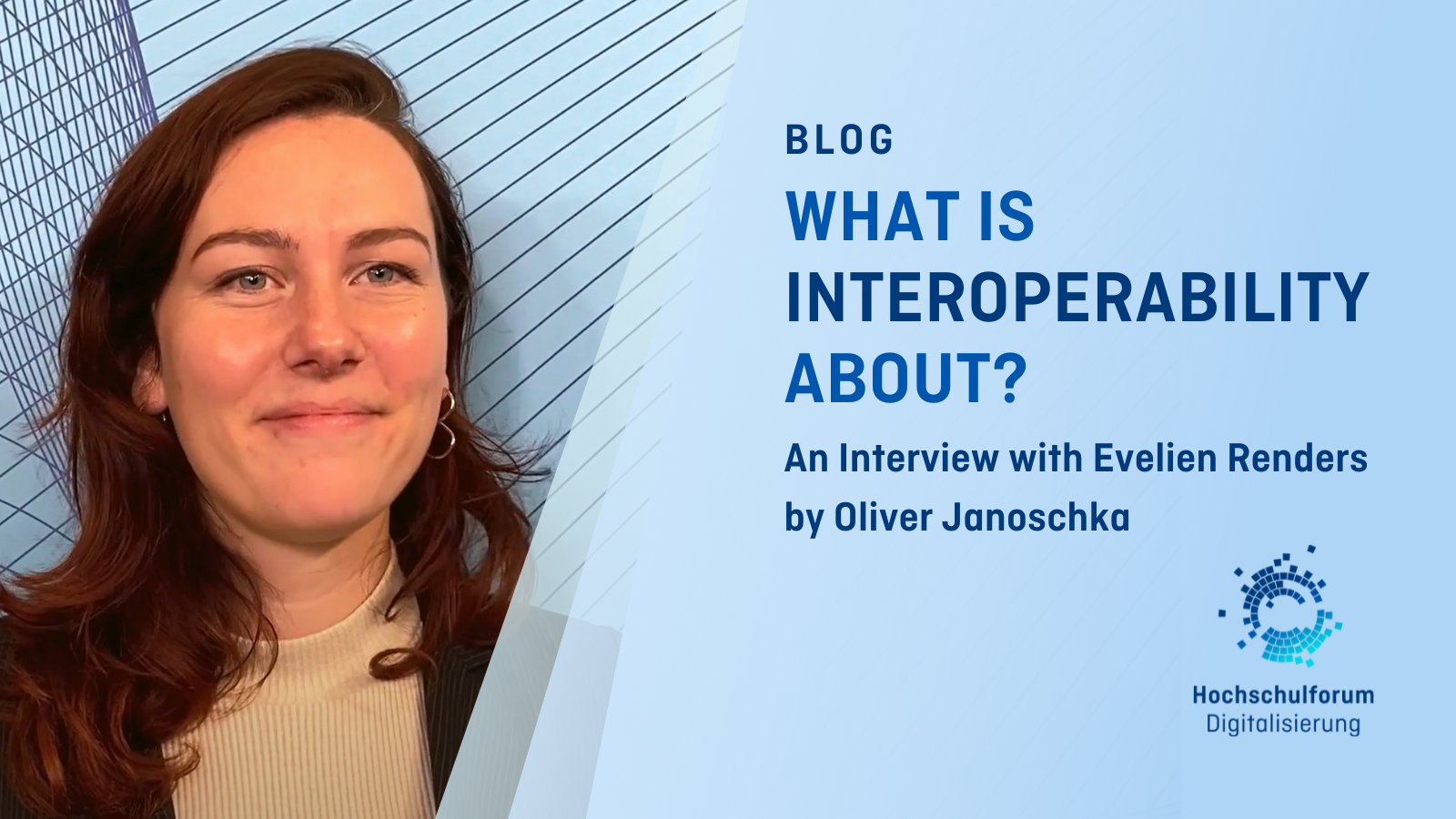What is Interoperability about? Ein Interview mit Evelien Renders, Beraterin für internationale Bildung bei SURF
What is Interoperability about? Ein Interview mit Evelien Renders, Beraterin für internationale Bildung bei SURF
07.12.22
Im November 2022 wirkte das Hochschulforum Digitalisierung an einer Reihe von Aktivitäten mit, um das Thema Interoperabilität auf nationaler und internationaler Ebene in den Fokus zu rücken. Worum geht es bei Interoperabilität in der Hochschulbildung? Und warum ist das Thema wichtig? Oliver Janoschka, Geschäftsstellenleiter des HFD, sprach mit Evelien Renders, Beraterin für internationale Bildung bei der niederländischen Organisation SURF.
Oliver Janoschka: Evelien, we are here, in the midst of November, in cold Berlin, just coming out of a 1,5 day workshop on interoperability. This topic might be driving you nuts – and at the same time it makes your eyes shine. What is interoperability about? Why do you think it’s relevant for universities in Germany and beyond?
Evelien Renders: Interoperability is a really big question. Right now, in higher education, we’re working on student mobility (for instance between European University alliances). So, trying to get that student journey to be more flexible, to make sure that students can go abroad for a small period of time, or perhaps even a longer period of time, and that they can get the credentials that they earn during that period.
So that’s one of the challenges that we’re facing. There will be 60 European Universities in 2024. These alliances are trying to fix the same problems. They’re trying to have a joint course catalogue. They’re trying to create enrollment solutions for their students to enroll in different universities. They’re also trying to see how they can get the credits recognised with a transcript of records or with digital credentials.
If we’re talking about these big challenges that we’re all working on in 60 different places in silos, then you can imagine the waste of public money – the waste of expertise, the waste of brain power that’s going into this! This is what makes my eyes shine when talking about the topic of interoperability: helping to create these groups to solve these problems together. That is one of the things that interoperability is all about. And it is about creating the standards that underlie these tools and these services that our students and our educators will use, to make sure that we actually exchange systems, exchange data within these systems, in a smooth way. We don’t want to have more hurdles for our educators. We want fewer hurdles. That‘s important.
Oliver Janoschka: How can people take note of the work that you‘re putting into that? What is your next step? What have you been working on, in this regard, to make it possible that we are not all doing the same thing in silos?
Evelien Renders: I started my job four months ago at SURF, as an advisor for international education. And I started, of course, as you start any job, with a lot of introductory talks with people. And the one thing that they all told me is: I’m working on this one very specialized piece of a puzzle. And I know everything about this puzzle piece. And I know maybe that there are few connecting puzzle pieces. But I don’t see the whole picture. Can you show me this whole picture? Can you show me the solution to this puzzle?
My first thought was: that’s a very big question! But I like big questions. So we gathered a team, and we said: Okay, can we map this educational environment? Can we map the infrastructure that underlies all of this? We started thinking: What elements do we use? There are organizations, stakeholders that are working on this, there are ministries, national research and education networks like SURF, institutions, alliances, but also the public companies developing tools and developing services and private companies as well.
So we have all these stakeholders, mapping them, mapping on which projects they’re working, mapping which tools and services they’re creating and then, which standards they’re actually implementing into these different services, and then connecting these to the challenges that we’re facing (as I just mentioned: a joint course catalogue, recognition of grades, these types of challenges). This allows us to see that there are 20 different projects at different levels – EU level, global level, national levels -, working on the same challenge at the same time. This might be a point where people need to talk to each other.
We only had two design sprints to think about this and we made a proof of concept. We started to think: Is this possible? I think we’re proving it is possible. The proof of concept consists of, on the one hand, a database of all of these organizations, these projects, these tools, even reports that are being written about them. Also, of course, a glossary, because you need to know what you’re talking about. Are we talking about learners, for example? And then a synonym might be „a student“, because right now, I think „learner“ might better encompass the term of a student that goes through the lifelong learning cycle. And then we’re bringing that together to interact with a front end. You need a website or a place where people can look at this information and see this intricate web of projects and organizations that are working on interoperability issues. So right now, what we have is a cardboard box. We have a wireframe. It’s not, of course, operational, it’s just an image of how it could look, and currently we’re looking for collaborators. We’re looking for people and especially an organization or a consortium or a group of people that will say: We want to bring this further. And I think we already are starting to get really good responses. We’ve been going all over conferences with this idea. Now the next step is that it’s not just SURF doing this, but that it becomes part of a bigger group with a shared responsibility for such a database.
Oliver Janoschka: I had a short look at what you have done in this short period of time. I was impressed. The group that was working in this workshop was as well. So I’m sure there’s a lot of room for maneuver to contribute. And Hochschulforum Digitalisierung will be happy to join as well. Let us be bold: In one year, if we would meet again, be it here or somewhere else on this planet – What do you think will have changed by then?
Evelien Renders: On what level?
Oliver Janoschka: On the level of your vision, how interoperability is the key.
Evelien Renders: What I’m hoping for is that we have created an overview together. We started the necessary conversations together about challenges and how we define these challenges. How do we classify these challenges, so that we’re not having the same conversation over and over and over again.
If there’s one thing that I really hate, it’s talking in circles about the same thing, not writing it down and then later talking about the same thing with someone else and then not writing it down and acting upon it. But we’re very good at that, right? The thing is: Even when we’re writing it down already – I think that there are 10 organizations writing visions down –, but then they’re not comparing these things that they’re writing down.
So I think next year, if we’re meeting each other again, and we will, I hope that we will say to each other: Wow, I’ve heard people referencing this map of the overview in 10 of the 20 presentations that they gave at this conference, because they looked at it and they said: Okay, I’m gonna make a quick screenshot from this database. This is where we are as my little organization. And this is what we are connected to, and these are the other organizations working on the same thing, and we are now talking together, and we are collaborating, and we are actually doing more together than we could have done without.
Oliver Janoschka: That sounds promising. Let’s find out what we’re gonna have to evaluate in one year. Thanks a lot for your time today and all the best and success for your further next steps with “taking small bites” and managing to eat this big elephant (and all other animals in this room). Thank you!
Das Interview ist auch auf YouTube verfügbar:


